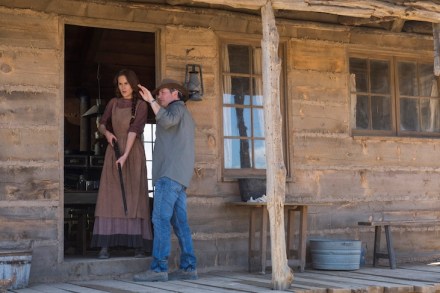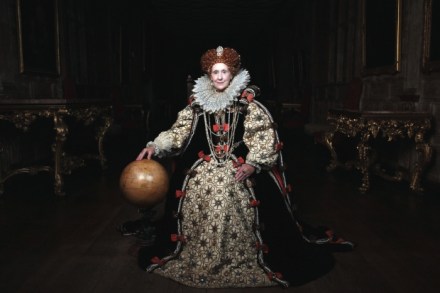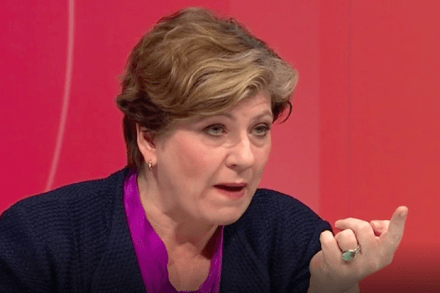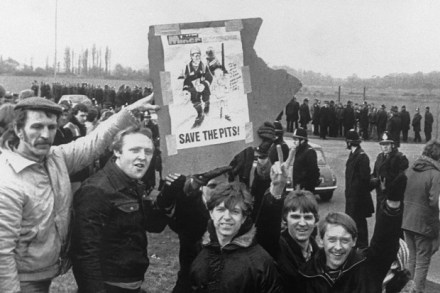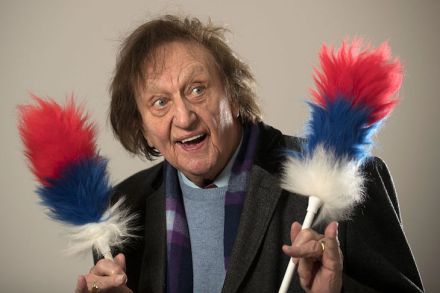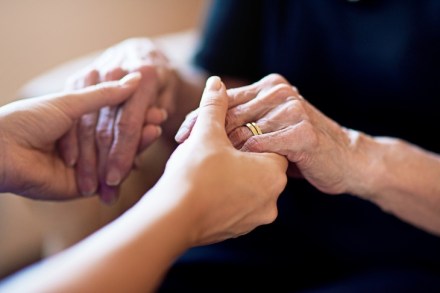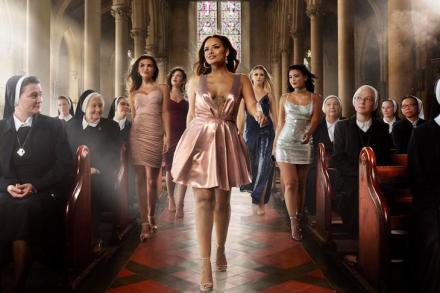Spotted: a right-wing comedian on the BBC
I just exulted to my wife that Simon Evans had been on Radio Four’s The News Quiz. He’s a very funny man, Evans, but is also regarded as Britain’s only right-wing comedian. There are actually quite a few others – Leo Kearse, for example. Anyway, Evans was in excellent form, defending Donald Trump and describing the NHS as a Socialist Utopia which did not work. The audience wasn’t sure what it should do, and Evans was of course ribbed for his opinions by the other three panellists and indeed the compere. Which is when I thought: hang on, why should I be grateful to the BBC for allowing one single






